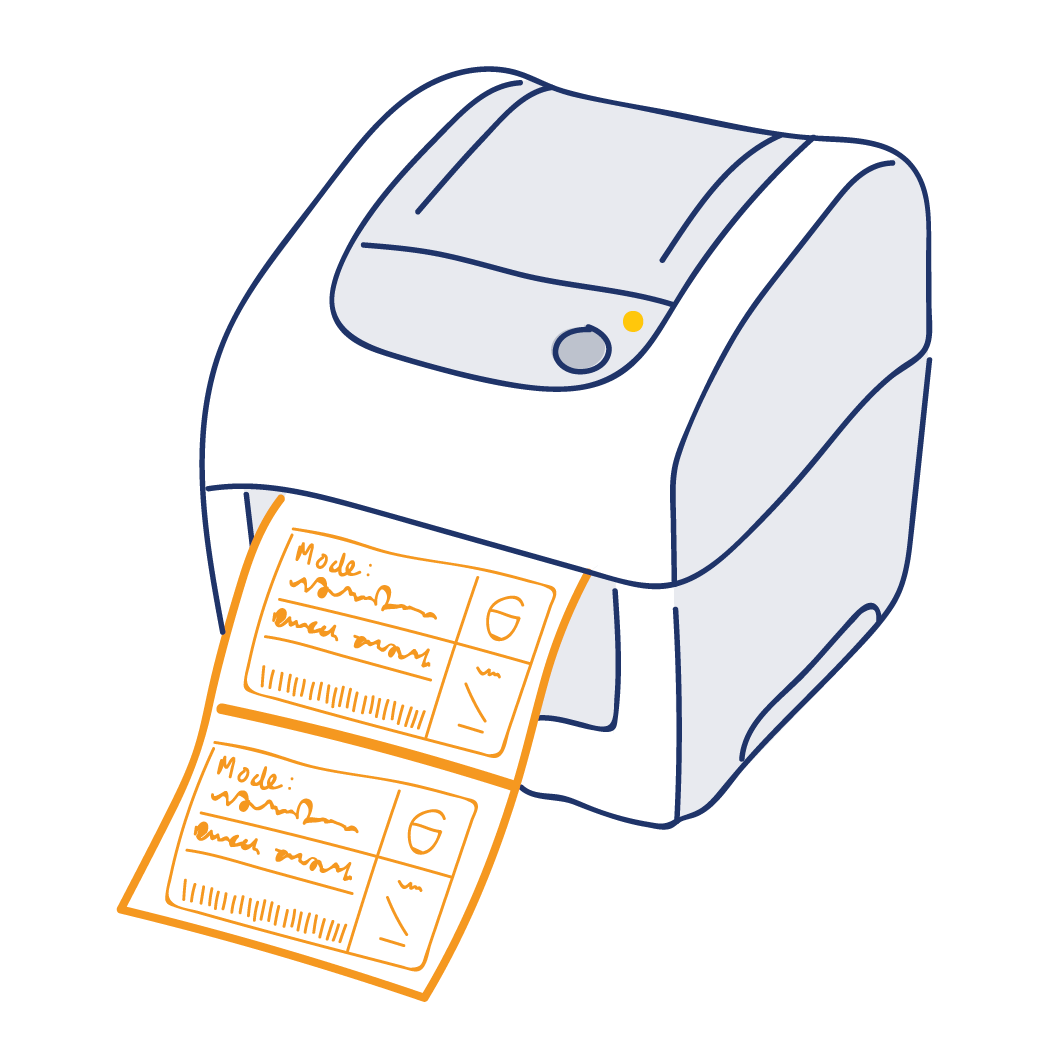Beyond Labels: Complying with FSMA 204 for Food Traceability
Nov 14, 2024

Introduction to FSMA 204 and the Need for Comprehensive Food Traceability
The FDA’s Food Safety Modernization Act (FSMA) 204 has ushered in a new era of food traceability for U.S. retailers, wholesalers, manufacturers, and suppliers. With the FSMA 204 enforcement deadline of January 2026 on the horizon, the pressure to establish comprehensive traceability systems has intensified. Yet, common misconceptions—such as relying solely on product labels for traceability—persist, threatening to stall vital industry progress. Food businesses must recognize that traceability now means a commitment to real-time data sharing across the supply chain, a shift necessary for swift identification and removal of contaminated products from the market.
Why Labels Alone Are Insufficient for FSMA 204 Compliance
Contrary to popular belief, labels alone cannot meet the FSMA 204 traceability requirements. While they might contain some necessary data points, labels fail to capture a full range of KDEs that FSMA 204 mandates. For instance, key information—like the specific date a product was received or the immediate previous source location—cannot be determined or printed at the time of labeling. This gap means that traceability records must rely on real-time data updates from systems such as Advanced Shipping Notices (ASNs), Bills of Lading (BOLs), or Warehouse Management Systems (WMS).

The Legal and Financial Risks of Noncompliance
The FDA’s approach to FSMA 204 compliance is clear: food retailers, where traceability culminates, will bear the primary responsibility for meeting traceability standards. Noncompliance exposes these retailers to severe consequences, including regulatory fines and potential legal action in cases of public harm. Retailers who work with non-compliant suppliers may face heightened risks, as they effectively assume liability for their suppliers’ traceability failures. Retailers must also be prepared for the FDA’s ability to issue recalls, seize assets, and impose other legal remedies as they see fit.
The FSMA 204 rule has reshaped the regulatory landscape, prompting a paradigm shift for food businesses across the supply chain. For manufacturers and suppliers, collaboration with compliant retailers may soon become essential for continued market access. Embracing FSMA 204 compliance is no longer optional but necessary to avoid legal and reputational fallout.

The Urgency of Starting a Traceability Program Now
Though the official deadline looms, early adopters among retailers and wholesalers have already set their own compliance timelines. These early movers are not waiting for the FDA mandate; instead, they require their suppliers to establish traceability systems far in advance. Companies delaying their FSMA 204 programs risk both regulatory noncompliance and lost business partnerships. Additionally, traceability is expected to grow in scope, with the FDA signaling that the list of traceable foods will expand over time. Those already compliant will be better positioned to adapt to new requirements.
Steps to Building a FSMA 204 Compliant Traceability Program
- Supplier Connection: Each retailer or wholesaler must establish reliable channels with every supplier, especially those that lack dedicated IT resources. This involves setting up digital connections to share KDEs efficiently and in real time.
- Data Collection and Management: Retailers must gather KDEs from both internal records and supplier data. Integrating this information across disparate systems, such as ASNs and WMS, is vital for a complete record.
- Error Detection and Correction: Given the volume of exchanged data, FSMA 204 programs must account for errors. Implementing regular audits and error-handling protocols will ensure traceability data is accurate and compliant.
- Long-Term Documentation: Properly documenting traceability actions allows businesses to demonstrate compliance if audited. This documentation should include any corrective actions and measures taken to maintain data integrity.
Conclusion and Call to Action
Compliance with FSMA 204 is more than a regulatory requirement; it is a proactive step toward greater food safety. By establishing robust traceability practices, businesses are better prepared to protect their consumers and their brand reputation. GoHACCP with Experts offers guidance and tailored solutions to help food businesses meet FSMA 204 standards efficiently and effectively. Contact us today to learn how we can support your journey toward seamless FSMA compliance.
Gerardo Fernández, Ph.D.in Biology.
Science Consultant at GoHACCP, dedicated to ensuring the safety and quality of food for consumers and manufacturers through scientific expertise and research.

Ensuring Food Safety at Restaurants Following the McDonald's E. coli Outbreak

How to Build Your Prerequisite Program: The Foundation of Food Safety

Key Errors to Avoid in Food Safety Audits
Join our Food
Safety Community!
Stay ahead of the curve by exploring emerging
trends and technologies in food safety.

